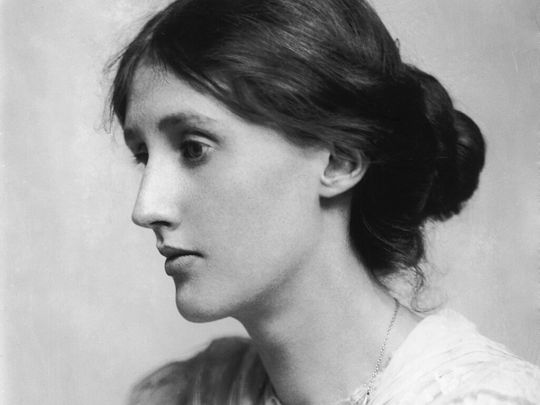
Do you have a talent that you know could easily become the central purpose of your life, and your source of creative satisfaction? That is, if only you could spare it some time and effort…
Click start to play today’s Spell It, where we learn to push away the drudgery and reach ‘toward’ something that inspires and fuels us, every day.
American poet Mary Oliver once wrote: “The most regretful people on Earth are those who felt the call to creative work, who felt their own creative power restive and uprising, and gave to it neither power nor time.”
Her words would have resonated with another writer, who lived nearly a century earlier in England. At the time, a young Virginia Woolf was too busy trying to make a living, and didn’t have the time to focus on what it meant for her creative needs. She was writing book reviews and essays for various literary journals at the time, and self-doubt gnawed at her every time she put pen to paper.
Woolf expressed her disappointment in her diary, when she was 29 years old. In it, she called herself “a failure as a writer”, and her book, “a damp firework”. But despite her reservations, and commercial work draining her energy and talent, Woolf knew in her heart that she wanted to do something else – something just for herself.
She wrote: “As I write, there rises somewhere in my head that queer and very pleasant sense of something which I want to write; my own point of view. I wonder, though, whether this feeling that I write for half a dozen instead of 1,500 will pervert this? – make me eccentric – no, I think not.”
Little did she know, she would go on to write masterpieces like To the Lighthouse and Orlando, that are still read around the world by millions – not the ‘half a dozen’ she once surmised.
In the meantime, Woolf struggled with answering the call she felt in her very bones, to do work that excited and inspired her, and didn’t have anything to do with the commercial content of the times.
She tried to cope with the feeling, according to her diary – which was published as a posthumous volume called A Writer’s Diary – by distracting herself with other pursuits. She wrote: “One must face the despicable vanity which is at the root of all this niggling and haggling. I think the only prescription for me is to have a thousand interests — if one is damaged, to be able instantly to let my energy flow into Russian, or Greek, or the press, or the garden, or people, or some activity disconnected with my own writing.”
It didn’t last long. Woolf went on to author nine novels, over five volumes of essays, memoirs and portraits, over 14 volumes of diaries and letters, and 46 short stories – becoming one of the most notable and prolific Modernist writers in the world.
Do you have a creative passion that you want to pursue seriously? Play today’s Spell It and tell us at games@gulfnews.com.





